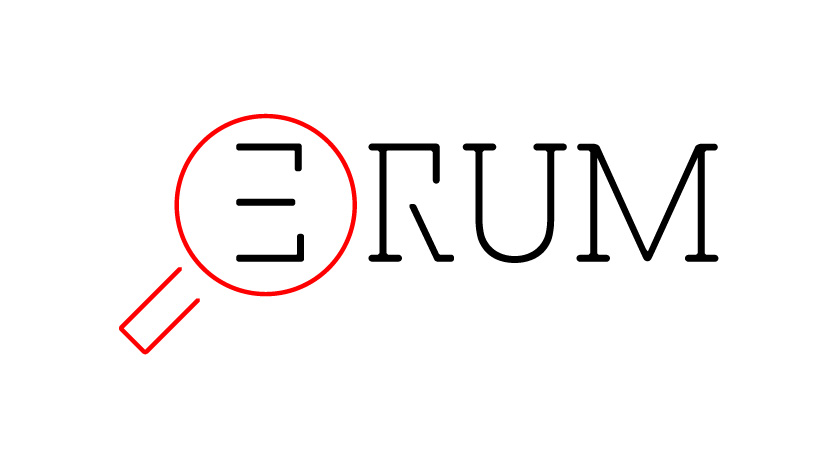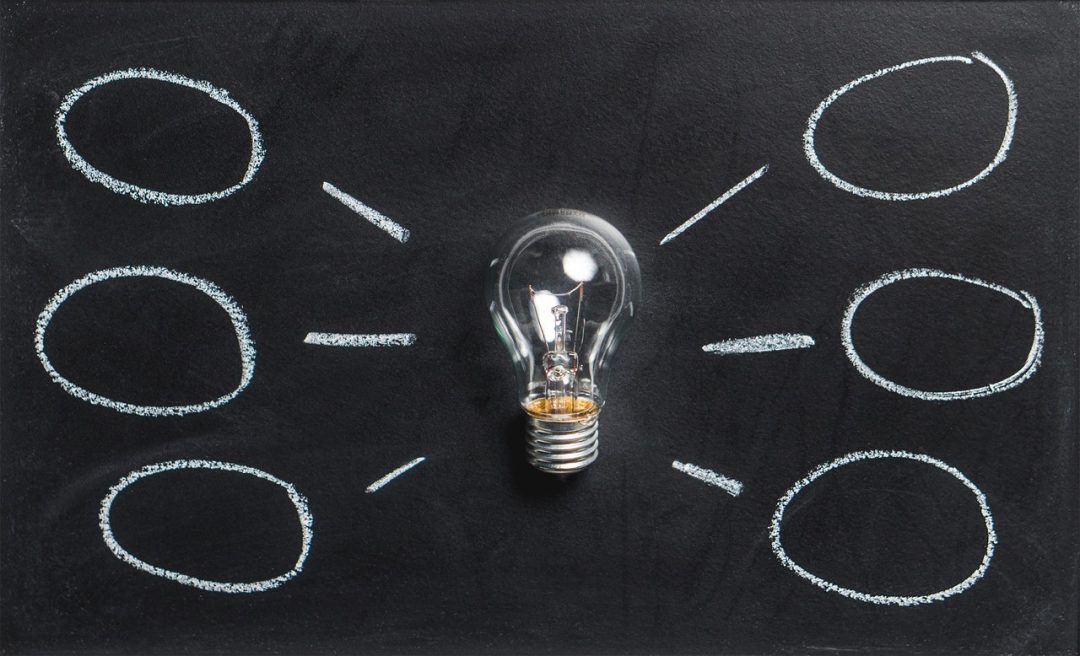The University of Alcalá is in charge of the quality assurance of ERUM and offers a glimpse behind the scenes.
Although the Covid-19 pandemic can mean a challenge in the implementation of international projects, we can think of and devise different strategies that help to minimise potential risks and ensure success in project management. Within our Erasmus+ project ERUM, the University of Alcalá is in charge of quality assurance, aiming at keeping the highest standards possible in the production of intellectual outputs and multiplier events. The coordinating team in Vienna and the European University Foundation have greatly contributed to the elaboration of a Quality Assurance Plan, facilitating plenty of documentation that ensures an effective means to help partners in their compliance with objectives.
Documentation includes guidelines for monitoring and evaluation, communication management and reporting. Useful checklists are provided as reminders for participants to fulfil their responsibilities. Documentation is complemented by risk assessment meetings. What and for which purpose? They are meant to assess the potential risks that may impact the performance of the project in terms of duration, costs, quality, etc. These meetings take place at several points in time during the project’s execution. Risk assessment also includes prioritisation of potential identified risks, in order to determine which risks should receive the most attention and which risks are minor and do not need so close attention. The project coordinating team carries out risk assessment bearing in mind its relevance for quality assurance.
Quality assurance is approached as a means to create the conditions that are necessary for successful collaboration and ultimately for a smooth transfer of knowledge and know-how both within the consortium and beyond, as a guarantee of successful dissemination.

